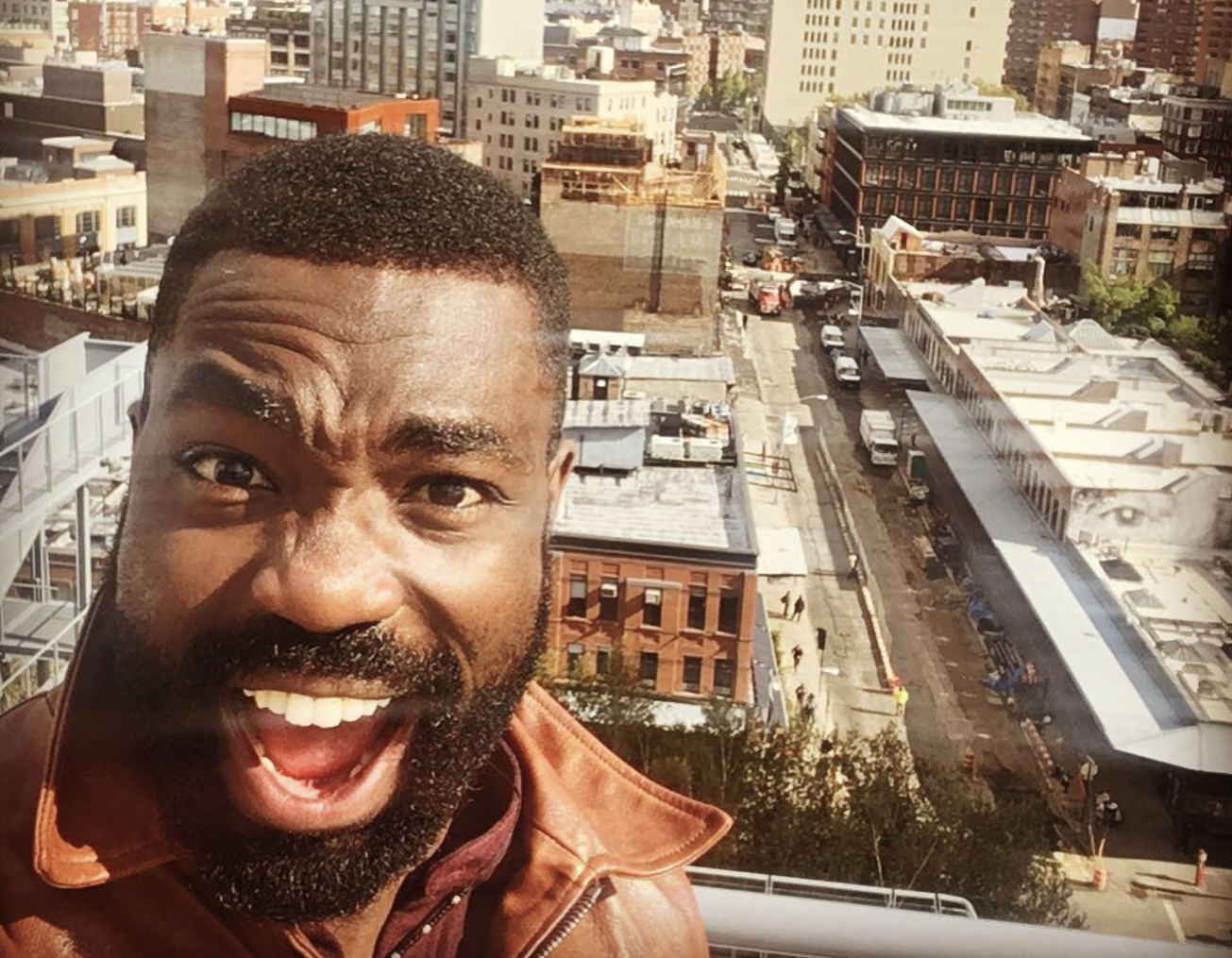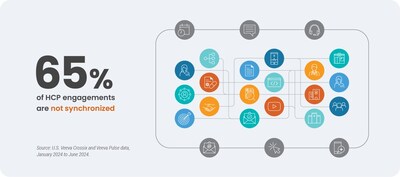FOR years, twin boys Arthur and Bernardo had been inseparable, but had never seen each other’s faces until a year ago.
The five-year-olds were born conjoined by the head, meaning their brains fused and they were unable to look at each other – with surgeons claiming it would be “impossible” to separate them.
But a British surgeon stepped in to save both boys, who had been given a “one in a million” chance of survival, and successfully separated their fused brains in a gruelling set of operations.
A year on from the incredibly complex surgery, the twins are able to live at home and start enjoying a more normal life, including playing with their siblings.
“They were completely mesmerised to see each other for the first time following the surgery,” mum Adriely Lima tells The Sun.
“They still keep putting their heads together as if they are trying to keep the connection they had when they were conjoined. I think they miss that constant touch.”
The Brazilian siblings were separated over seven surgeries when they were three years old in 2022, but doctors were concerned about their chances of survival.
Conjoined twins who have surgery before the age of one have the best chance of minimal complications and an easier recovery journey.
The twins were born in the rural Roraima region in 2019, meaning their parents had to first move to Rio De Janerio to have any chance of finding medics experienced enough to help.
After the move, Arthur and Bernardo’s operations were delayed further by the Covid pandemic outbreak, meaning their separation aged three made them the oldest craniopagus twins to be separated.
Great Ormond Street Hospital paediatric neurosurgeon Noor ul Owase Jeelani flew over to Brazil to take the lead in the complicated surgery after other doctors had deemed a separation impossible.
Due to their craniopagus, the boys had already defied the odds by simply being born.
Their parents, Adriely and Antonio, placed their trust in Mr Jeelani’s experience of other separations and his use of artificial intelligence technology to ensure the operation was a success.
Experts used virtual reality to create replicas of the boys’ shared brain from MRI and CT scans, and then practised in the metaverse to work out the best way to split the two.
Former surgeries left lots of scar tissue, making the final operations carried out more complicated.
It took Mr Jeelani 27 hours to perform the final operation, and during that time he only took breaks to get water. To date, it is one of the most complicated surgeries ever undertaken.
Looking back on the incredible feat, he said: “Regarding the separation of the Lima brothers, for me, data and machine learning were and will be technologies that made and can make a significant difference in terms of greater efficiency in healthcare systems.
“They will helped us identify more effective therapies and discard those that do not work. The execution was considerably easier and safer due to all the previously simulated scenarios and simulations in virtual reality, and the result is two independent boys, both strong and improving daily.”
Emotional connection
A year on from the surgery and the boys are living at home, but their parents have noticed they still seem very connected.
Despite no longer being joined at the head, the pair seem to feel each other’s emotions.
Adriely says: “If one of them is sick, the other will often act like they are too. If one has a cold, the other might get a temperature despite nothing being wrong with them.
“If one of them is crying in pain during physical therapy, the other will try to take on a bit of that pain themselves.
“I don’t think it’s mimicking, I think they feel each other emotions still.
“It is beautiful to see they are still so connected.”
The boys are still undergoing intense physical therapy to ensure they are able to move around like other children their age.
Bernardo, who was originally the stronger of the twins, is mainly confined to a wheelchair and finding the therapy harder than his brother.
When the boys were still conjoined, his emotions and physicality would overpower Arthur and lead to bickering between the boys.
But despite Bernardo’s physical limitations, he is happy and healthy, which is all that matters to his parents. Arthur is able to walk and stand with some assitance.
The twins are now settled into family life, but the first few weeks after leaving the hospital were a struggle.
They had lived in medical facilities for all of their lives until after the operation, meaning they were used to being surrounded by machinery and constant noise.
Devastating possibilities
“The boys didn’t understand why everything was so quiet when they finally came home,” their mum said.
“One of the hardest things for them is to adapt to life outside the hospital.
“Arthur was scared of things like the sofa or a toaster in the kitchen. He didn’t realise what a lot of normal things were because he’d never seen them.
“His brother seemed less fazed by his new surroundings.”
But any teething problems bringing the boys home was a breeze compared to the uncertainty during the surgery.
Throughout the seven procedures, Adriely was told to prepare herself for losing one or both of her boys.
“I was told many times that I might only come home with one of them, which was really hard,” she said.
“I kept wondering which one I’d be holding in my arms and taking home, so I’m just very grateful I have both of them.
“I put their lives in God’s hands. It was really hard seeing their fragile bodies covered in stitches after the first operation.
“But they did so well and recovered quickly after each operation. It’s been an emotional rollercoaster.
“I am eternally grateful to the doctors and medical staff for saving them both. I thank God every day that I have both boys and my family is complete at home.”
Schooling plans
For Adriely and the family, Christmas and other holidays are extra special as they get to spend them with the boys.
The family are still in regular contact with the medical team who cared for the twins.
Doctors regularly speak to Arthur and Bernardo’s parents to see how the boys are getting on with their physical therapy and life away from the hospital.
While both tots are recovering well, Bernardo is still developmentally behind his brother.
Doctors have said Arthur would be able to start attending school next year, but Adriely wants to wait a little longer.
She is concerned that the boys haven’t had their vaccinations, which puts them at risk of contracting an illness.
And thanks to their early life being spent entirely in hospital, both have a slightly compromised immune system.
Arthur and Bernardo are a little young to understand their condition, but that hasn’t stopped their parents from showing them lots of videos and pictures of them as babies.
Adriely wants to make sure her lads are proud of their condition and see it as something “special”.
Read more on the Scottish Sun
Slowly, the boys are becoming more independent of each other, but when one feels upset, they instinctively look for their brother.
Gemini Untwined, who paid for the surgery, are fundraising to ensure that every child can experience life as an individual. Donate at geminiuntwined.org/donate/.














